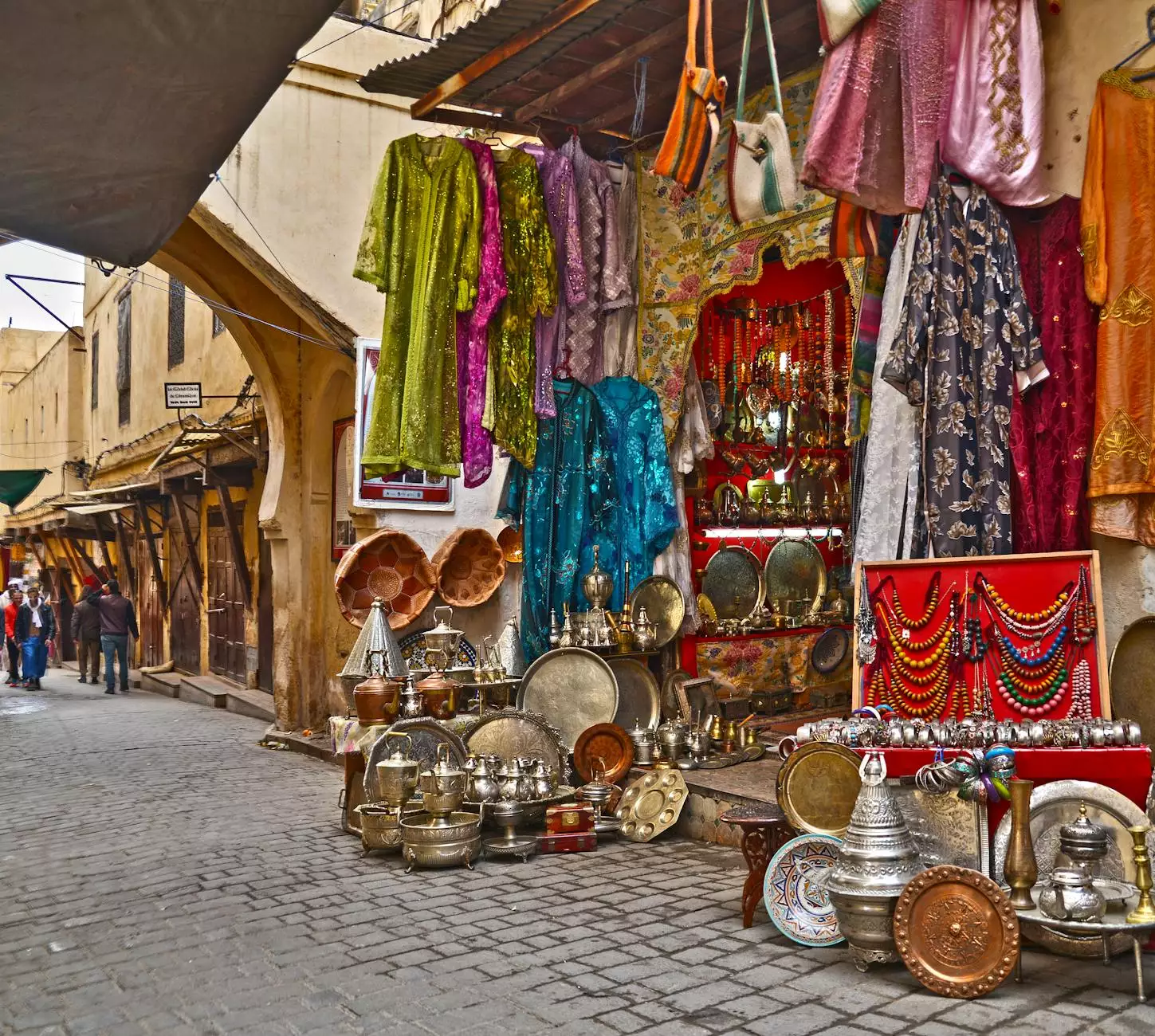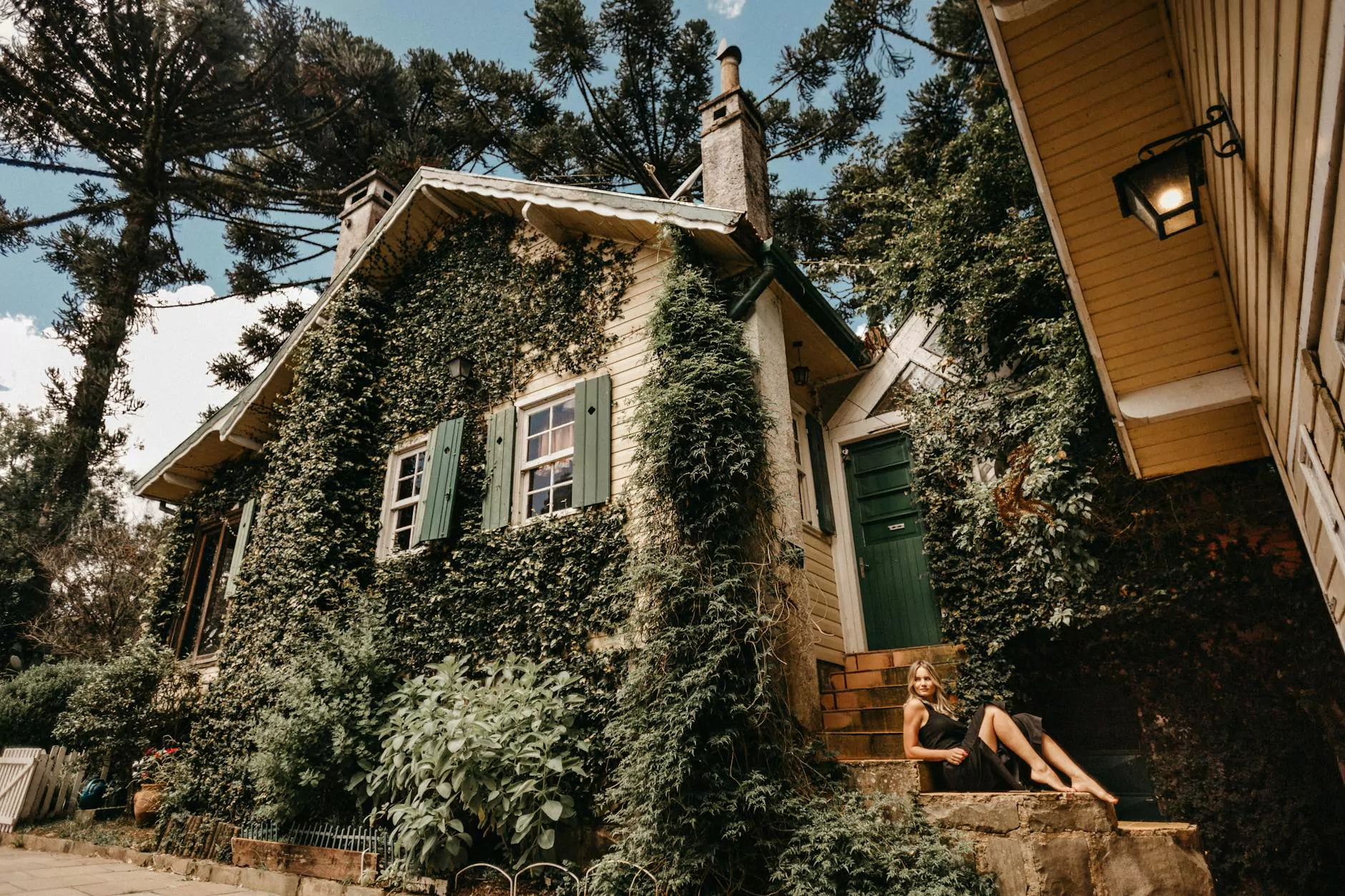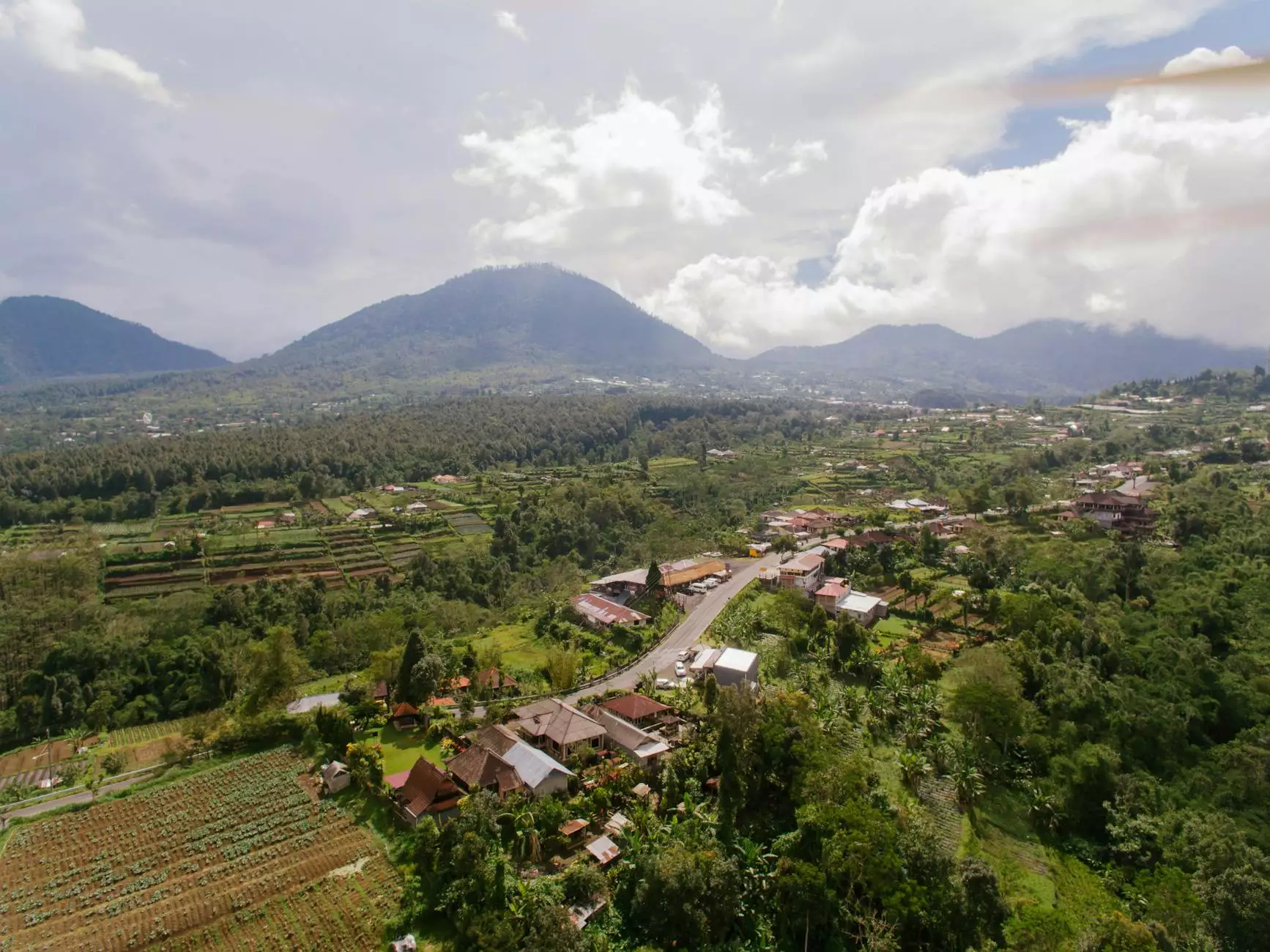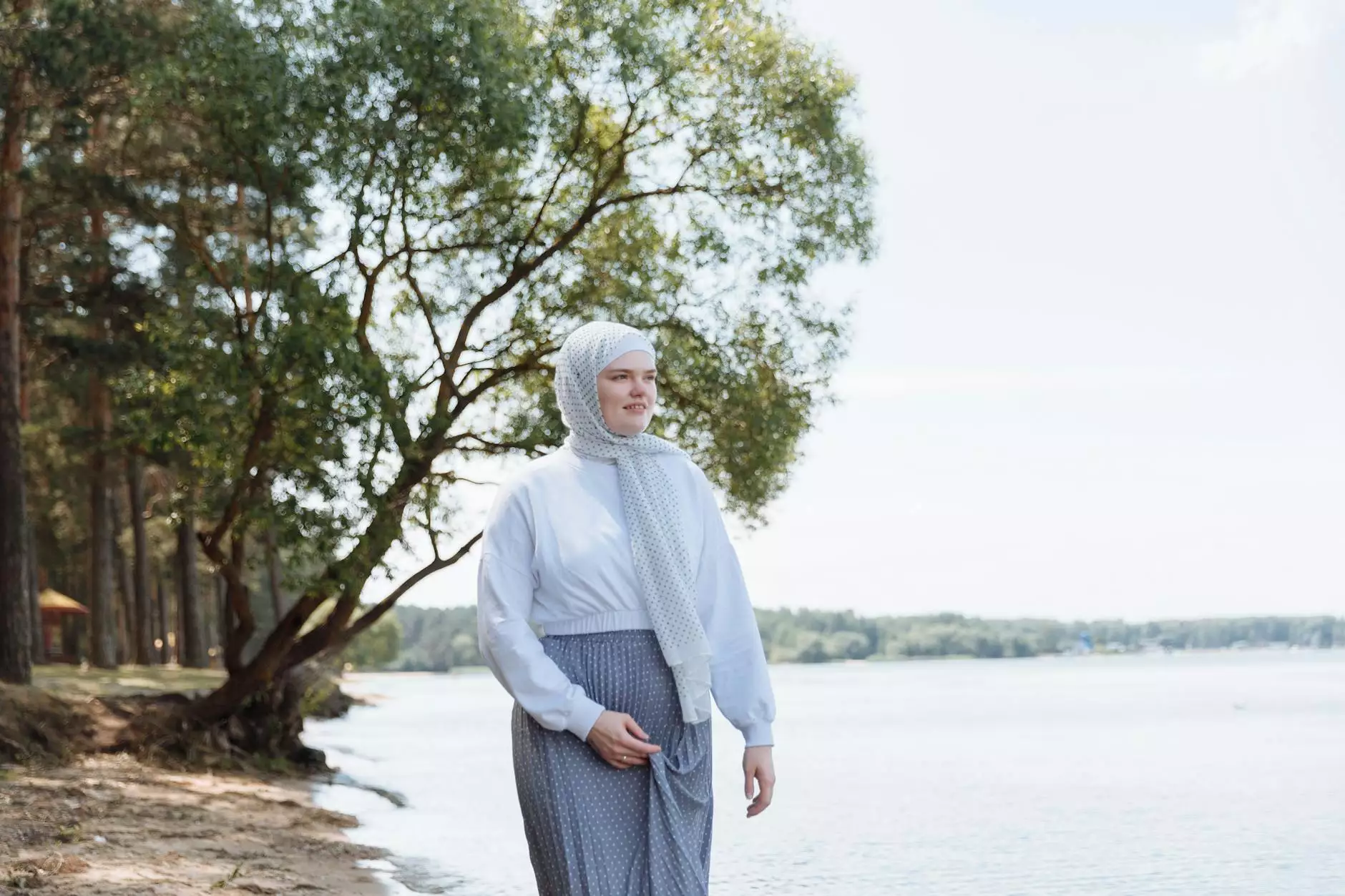The Fascinating History of Fes, Morocco

Fes, often referred to as the cultural and spiritual heart of Morocco, boasts a rich tapestry of history that dates back over a millennium. As one of the oldest cities in the country, Fes has played a pivotal role in shaping the region's history, particularly during the medieval period. With its stunning architecture, vibrant medina, and myriad of historical sites, Fes serves as a living museum reflecting an age-old narrative of tradition, commerce, and scholarly pursuits.
1. The Origins of Fes
The city of Fes was founded in 789 AD by Moulay Idriss I, a descendant of the Prophet Muhammad. Identified as a cradle of Moroccan culture, it quickly grew in importance as it became a hub for trade, education, and religion. The initial establishment of Fes marked the beginning of an expansive history filled with dynastic changes, socio-political upheavals, and cultural evolution.
2. Fes in the Golden Age
Fes reached its zenith during the 11th to the 13th centuries, particularly under the Almoravid and Almohad dynasties. The city became a vital center for Islamic scholarship, attracting scholars and students from across the Muslim world. This period witnessed the construction of several key institutions:
- The University of Al Quaraouiyine: Established in 859 AD, it is recognized by UNESCO as the oldest existing, continually operating higher educational institution in the world.
- The Bou Inania Medersa: Built during the Marinid dynasty in the 14th century, this theological college is an architectural marvel that showcases intricate tile work and wood carvings.
- The Zaouia of Moulay Idriss: A significant religious complex dedicated to the founder of Fes, which attracts pilgrims and tourists alike.
3. Architectural Wonders of Fes
The architecture of Fes is a splendid fusion of Islamic, Berber, and Andalusian styles. Walking through the narrow streets of the medina, one encounters vibrant souks, majestic mosques, and exquisite riads. Notable architectural achievements include:
- The Kairaouine Mosque: One of the largest mosques in North Africa, it embodies the zenith of Moroccan Islamic architecture.
- The Royal Palace: A breathtaking example of Islamic architecture that boasts stunning gates and gardens.
- The Tanneries: Famous for its vibrant animal hides and traditional tanning methods, the tanneries showcase the industrial history of the city.
4. The Role of Fes in Trade
Historically, Fes emerged as a critical trading center. Its strategic location allowed it to serve as a link between the Mediterranean and sub-Saharan Africa. Merchants from different backgrounds converged in Fes, vastly enhancing its multicultural atmosphere. The markets, or souks, offered a diverse range of goods, from spices and textiles to leather and ceramics, which contributed significantly to the local economy.
5. Cultural Significance of Fes
Beyond commerce and architecture, Fes is celebrated for its distinct cultural traditions. The city is home to numerous festivals that showcase Moroccan music, art, and cuisine. Among the most notable are:
- The Festival of World Sacred Music: This annual event attracts performers from around the globe, celebrating the universal language of music.
- The Fes Festival of Traditional Arts: A showcase for local artisans, promoting the preservation of traditional crafts and skills.
- The Cherry Festival: A vibrant celebration of Fes's agricultural bounty, highlighting the region's fruit cultivation.
6. Fes Today
In contemporary times, Fes stands as a UNESCO World Heritage site, drawing millions of visitors eager to experience its unique historical charm. While retaining its traditional roots, Fes has also embraced modernity, enhancing its tourism infrastructure without sacrificing its rich heritage. The city today offers:
- Diverse Tour Packages: Various companies, such as moroccoclassictours.com, provide organized tours that explore the cultural and historical highlights of Fes.
- Vacation Rentals: Visitors can stay in authentic Moroccan riads, which provide a quintessential experience of Moroccan hospitality.
- Local Cuisine Tours: These tours allow tourists to savor traditional dishes, such as tagine, couscous, and pastilla, prepared by local chefs.
7. Conclusion: The Enduring Legacy of Fes
The history of Fes, Morocco is not merely a recount of past events but a vibrant legacy that continues to shape the identity of the city and its people. From its founding by Moulay Idriss I to its role as a beacon of learning and culture, Fes remains a testament to Morocco's rich history. As each passing year unfolds, Fes not only preserves its past but also adapts to the future, positioning itself as a must-visit destination for travelers seeking to delve into the heart of Moroccan culture. Ultimately, Fes is a city where history, tradition, and modernity coexist harmoniously, offering an unparalleled experience for all who visit.
8. Plan Your Visit to Fes
For those keen on exploring this historical city, planning your trip to Fes is an opportunity to immerse yourself in a culture rich in tradition and history. Consider the various tours available on moroccoclassictours.com that will guide you through the ancient medina, the stunning architectural marvels, and the local culinary delights.
Fes is waiting for you—a city where every corner tells a story waiting to be discovered, and every moment spent within its walls is a step back in time.
history of fes morocco








